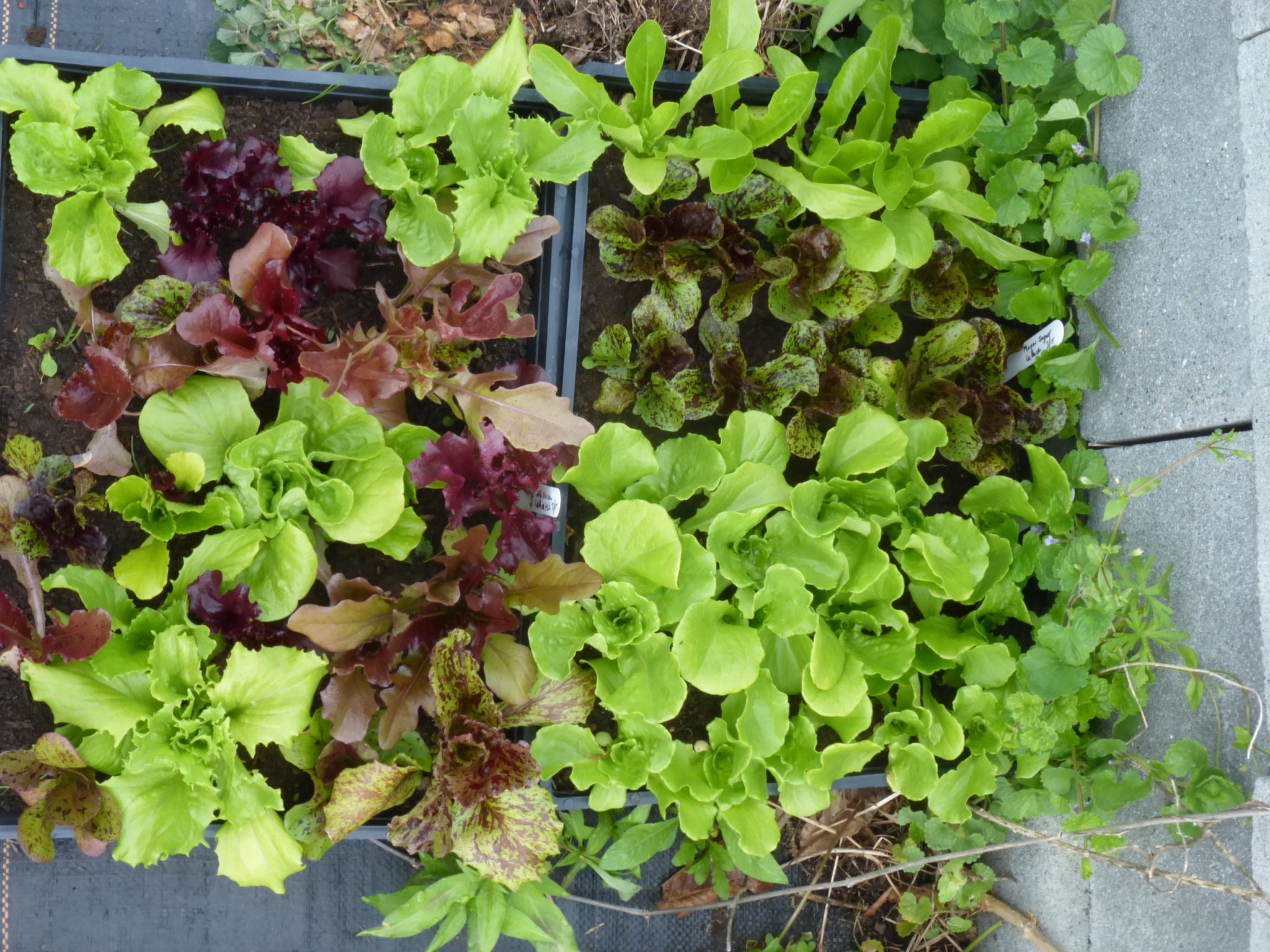Take Action:
The Next Farm Bill must be a Climate Bill
Add your Name to this Letter to Congress
The Agriculture Resilience Act (ARA) is a key marker bill designed to provide a blueprint for House and Senate Agriculture Committees to design a 2023 Farm Bill that will take effective actions to address the climate crisis in agriculture. It aims both to make US agriculture climate-neutral by the year 2040 and to help farmers and communities build resilience to the impacts of ongoing and future climate disruptions.
Thank you to those of you who signed this letter at the National Sustainable Agriculture Coalition (NSAC) table at our Conference earlier this month, or in response to this notice in the December newsletter. If you have not signed yet, read on:
Read and sign this letter now to tell Congress: the next farm bill must be a climate bill. The next farm bill is being written now, and we need it to address climate change. Farmers need resources like funding, research, and risk management to implement climate-friendly farming practices. The Agriculture Resilience Act asks Congress to implement these solutions in the next farm bill. Sign on to show your support now: bit.ly/araletter
This letter with its thousands of signatures will be submitted to Congressional Agriculture Committees and other key decision makers in conjunction with the Farmers’ Rally for Resilience planned for March (see next item below).
Come Join Thousands at the Farmers’ Rally for Resilience Washington, DC on Monday-Wednesday March 6-8, 2023
Farmers, farm workers, and farmer allies will be converging on Washington D.C in early March to urge Congress to make climate change policy a priority in the 2023 Farm Bill. The three-day event will include an opening ceremony, rally and march, grazing demonstrations, press events, and a lobby day. Learn more here and check out the NSAC press release on the Rally. Be sure to register here to let us know of any support you need to participate in the Rally.
The goal of our rally is to urge and support Congress to write a Farm Bill that addresses the climate crisis in agriculture through:
- Farmer-led climate solutions
- Promoting racial justice throughout the Farm Bill
- Climate and agricultural solutions that serve communities, not corporations.
Our event begins Monday afternoon (March 6) at 4 pm with a Welcome and opening ceremony followed at 5 pm with a reception and the beginning of a demonstration of climate friendly grazing practices that will continue through Wednesday.
On Tuesday March 7 we will have our march, rally, and concert, beginning at 10 am. At 3 pm we will have a lobby training and skill share to prepare for visiting Members of Congress. Wednesday will begin with a special press event at 9 am featuring farmer stories of adapting to the challenges of climate changes, followed by Capitol Hill visits from 10 am until 4 pm.
With our comparative proximity to Washington, DC, this event offers a golden opportunity for VABF farmer members and other stakeholders to bring our message and concerns to our Senators and Representatives and to join in a mass demonstration of our common desire to heal the land, stabilize the climate, and build an equitable food system.
Deadline for the USDA 2022 Census of Agriculture: February 6
Your participation will help build better USDA policy and programming.
In December, the USDA’s National Agricultural Statistics Service (NASS) sent out a survey to all US farmers for its 2022 Census of Agriculture. By responding to this survey, you help ensure that USDA knows how many small to midscale, organic, and conservation minded farmers are out here trying to make a living. The Ag Census (which occurs every five years) is a vital part of making your voice heard and advocating for a truly equitable and regenerative food and agricultural system. Nick Rossi of the National Sustainable Agriculture Coalition adds:
“Just a reminder that the 2022 Census of Agriculture deadline is February 6th. The data collected during the census is critical to a lot of the work NSAC does and the agriculture research we advocate for in congress.”
Read the NSAC blog about the 2022 Ag Census to learn more.
NSAC’s 2022 Year in Review and What’s Ahead in 2023
In a recent blog post, NSAC looks back on ten key developments in 2022, from our first in-person meeting since just before the pandemic struck in 2020, to our 2023 Farm Bill Platform and planning for the Farmers’ Rally for Resilience (see above). For more on the NSAC Farm Bill Platform, check out the blog post on racial equity provisions, which includes links to early blog posts, and to the platform itself.
With climate change making farming even riskier, producers need the “double coverage” of best practices to build resilience against weather extremes, and the best possible crop insurance coverage. Yet only a small minority of farms under 260 acres participate in USDA crop insurance because current offerings do not meet the needs of smaller and more diversified operations. NSAC’s Farming Opportunities and Fair Competition issues committee has explored the reasons for this failure, and recommended ways to improve crop insurance.
Other News from Washington, DC
In December, the House Select Committee on the Climate Crisis and the Sustainable Energy and Environment Coalition submitted reports to the full House of Representatives with recommendations to address climate change through soil health practices that include biochar and mitigation of “forever chemical” residues as well as cover crops and other conservation practices, food waste reduction and composting, increased focus on racial equity throughout the food system, and on-farm renewable energy. Meanwhile, the USDA announced 185 grants totaling $64 million for Local Agricultural Markets Program (LAMP) projects across the nation. Fourteen of the grants went to NSAC member organizations.






